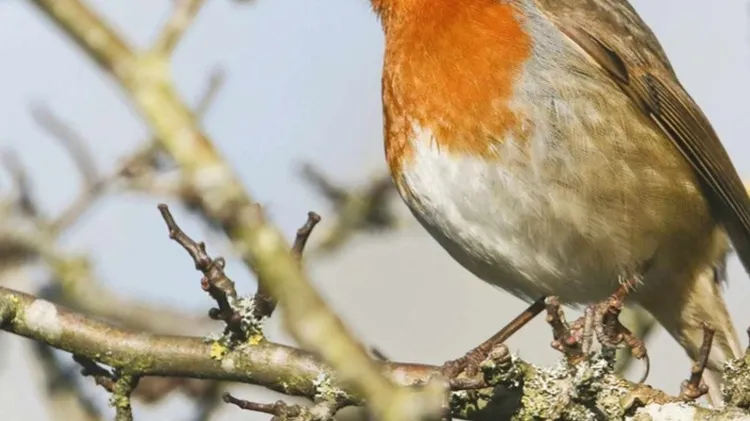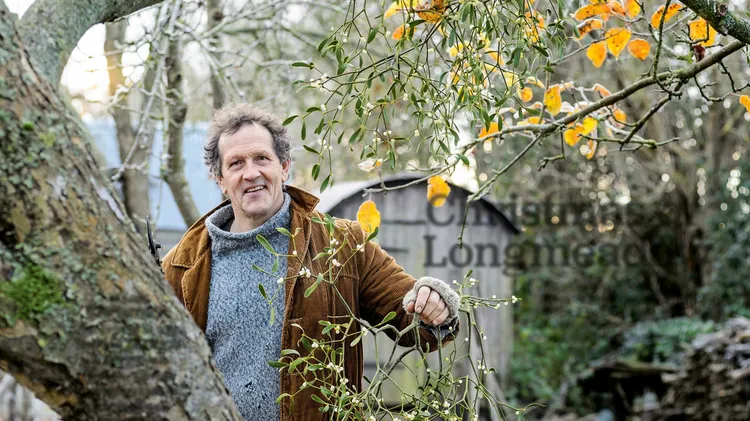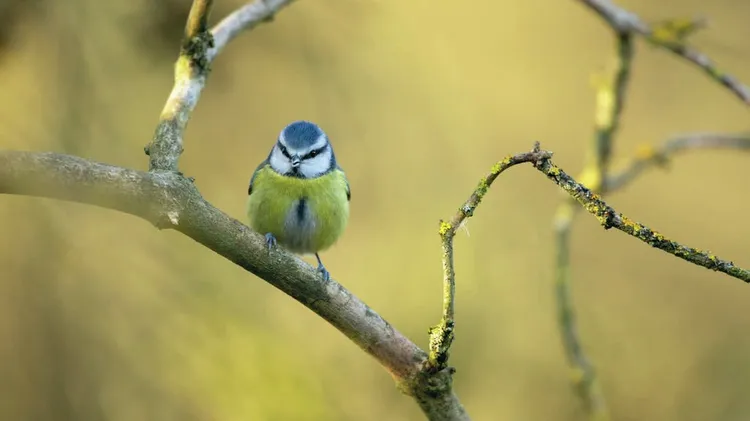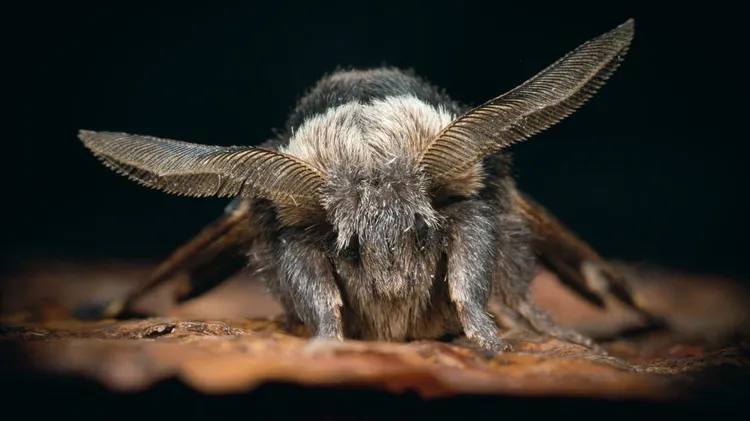Declining insect populations are of serious concern, but there�
The greatpollinator fight-back
6 min read
This article is from...
Read this article and 8000+ more magazines and newspapers on Readly






